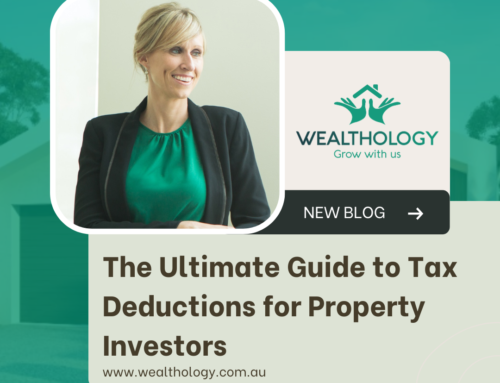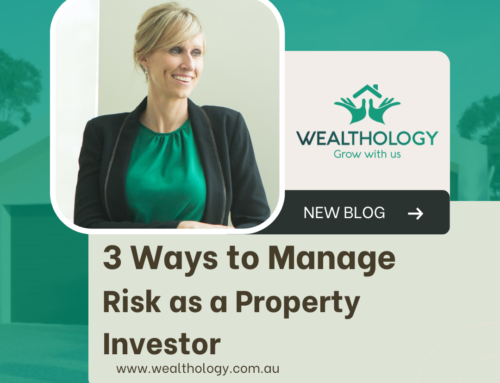Is it really that time again? Yes, it is.
We’ll head to the polling booths in under a month to vote on who should lead Australia moving forward.
In recent weeks I’ve been asked, “will the looming federal election impact the Australian housing market?”
Regardless of whether you are left, right or somewhere between, unfortunately, politics generally finds its way into the conversation of the property market. But for good or bad?
I’ll make this clear, to begin with, that in no way does this article intend to influence and persuade you on who you should be voting for; instead, it provides you insight on what to expect for the property market pre and post-election 22.
What happened at the last election?
In the lead up to the 2019 election, the election was heavily geared towards negative gearing and property taxation policy. Labor proposed significant changes to the tax system, particularly policies around negative gearing and capital gains, which would have had substantial implications for the property market.
In addition, the lead up to the election was extensive, with the election campaign lasting months and with so much discussion revolving directly around the housing market; there’s no denying that in 2019 the property market slowed, and prices did drop.
Historically, the period between calling a federal election and polling day generally triggers a “cautious “attitude amongst prospective purchasers who generally like to wait and see what happens. As a result, the market slows typically somewhat for this short amount of time.
Will the market slow in the lead up to this election?
Thankfully it seems whilst the two major parties may not agree on much; it looks as though both parties will head to the polls with a similar approach with it comes to housing.
This time around, Labor has said they’ll keep negative gearing laws as they are, with neither party willing to rock the boat when it comes to the property market.
This should mean that buyers, sellers and investors should continue their business with more confidence knowing that there will be no significant shakeup regardless of who comes out on top come May 21st.
In addition, one of the key focus points is housing affordability, with both sides looking to introduce and extend incentives to assist first home buyers entering the market. This should be seen as a positive to investors as healthy levels of owner-occupier activity is crucial to a robust market.
There will always be a market segment that will sit on their hands and wait for the perfect time but rest assured, this is an excuse created out of fear. Unfortunately, these are the people that took no action at the start of the pandemic when our team uncovered “the perfect storm” for a property boom and unfortunately missed out.
How will the market react post-election?
In years gone by, this market slowing actually acts as a springboard for growth moving past the election. As both buyers and sellers “hold off”, we see a dramatic drop in supply and pent-up demand of purchasers. Evident again post the 2019 election with almost immediate effect with all of Australia’s major capital cities rebounding from falling house prices, with Sydney and Melbourne recording practically 4% growth respectively.
Post-election triggers a calming and steadiness in consumer confidence. People leave their safety nets behind and resume everything they’d put on hold four weeks earlier with almost immediate effect.
Looking back over the past 22 years on how the market has performed under differing governments, price increases/decreases vary. Both political parties have governed over times of increase and decrease, and regardless of the policy and the party, the market continues to march at an upward angle.
In real estate circles, there’s a saying, “Don’t wait to buy real estate; buy real estate and wait”. This should be your approach regardless of external circumstances. Property has proven to be Australia’s most significant asset decade after decade, and should you have the capacity to purchase property you certainly should be looking at your options seriously.





